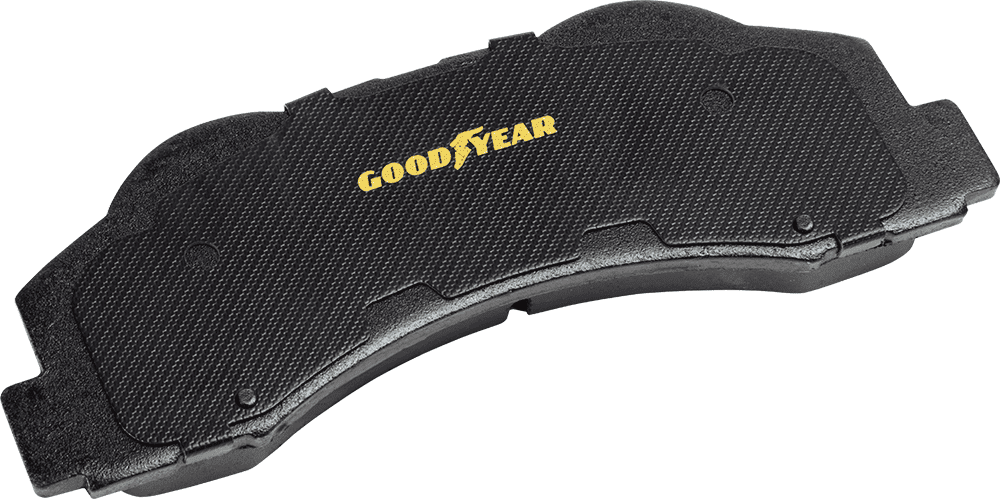Do you need to replace your vehicle’s rotors? What happens if you don’t? It depends on the condition they are in, of course.
The good news is if the rotors are within manufacturer specifications, or are not warped or damaged, then don’t replace them. But, if the rotors are out of the manufacturer’s specification, or are warped or damaged, you must replace them.
But there are some other considerations.
Vehicle Manufacturer Requirements
Some vehicle manufacturers, like in Europe, require rotors to be replaced every time you replace the brake pads. Most European vehicles have four-wheel disc brakes, and the pads and rotors are designed to wear out at the same time.
These brake systems have electronic sensors manufactured into the brake pads. The sensors trigger the brake warning light on the dashboard when the sensor comes into contact with the rotor. The warning light indicates the pads and rotors should be replaced.
Other manufacturers expect the rotors to last longer than the pads. A good rule is to replace the rotors with every second brake pad replacement.
Scientific Method
The only precise method to determine the timing of rotor replacement is to measure the rotor for thickness and “run out.” Manufacturers publish the original thickness of the rotor and the discard thickness. Using a brake caliper, measure the rotor at multiple points. If any measurement reaches the discard thickness, replace the rotor.
The side-to-side movement of the rotor as it rotates is known as “run out.” A dial indicator shows the amount of excessive runout. But, if the rotor is within thickness specifications, run out can be eliminated by turning the rotor on a brake lathe. Run out causes vibrations that you can feel in the steering wheel or the driver’s seat when you step on the brakes.
If you don’t replace the rotors when needed, you risk brake failure and an accident.
The rotor absorbs and dissipates heat when the brakes are applied. The thinner the rotor becomes, the more heat is absorbed. This excess heat warps the rotor. A warped rotor is wavy and uneven, causing the pads to move back and forth along the rotor. You’ll feel a vibration in the steering wheel or brake pedal. Warped rotors increase the stopping distance, which could cause an accident, especially in an emergency.
Eventually, the rotor will crack, first around the mounting holes where they are fitted onto the studs. Then the body of the rotor cracks. Finally, in extreme cases of neglect, rotors will fall apart or even explode when the rotor is too thin and excessively cracked. If this happens, not only will it damage the caliper, suspension, brake lines, and wheels and tires, but you put yourself at risk.
About Goodyear Brakes
Goodyear Brakes manufactures premium quality brake bundles, calipers, rotors, brake pads and all the hardware required to successfully install brakes, all backed by a national warranty, decades of production experience and one of the best-known names in automotive excellence. The brake pads are manufactured in the USA using a proprietary green production process by a company with more than 50 years of experience in friction science. The Goodyear Brakes product line is available through Goodyear Brakes at Amazon, CarID, Buy Brakes and AutoAnything.
Goodyear (and Winged Foot Design) and Blimp Design are trademarks of The Goodyear Tire & Rubber Company used under license by FDP Virginia Inc., 1076 Airport Road, Tappahannock, VA 22560, USA. Copyright 2020 The Goodyear Tire & Rubber Company. Goodyear Brakes and FDP Virginia are not responsible for its products when they are subjected to improper applications, installation, or accident.
Blogs
What Are the Signs That It’s Time to Change Your Brakes?
How do you know when to change your brakes? A general rule of thumb is to replace your brake pads every 35,000 miles — but
What Happens If You Don’t Change Brake Rotors
Resources Do you need to replace your vehicle’s rotors? What happens if you don’t? It depends on the condition they are in, of course. The
The Effects of Not Changing Brake Rotors
Resources Because your brakes are essential components of your car or truck, maintaining them in top shape is critical to avoid an accident and keep




